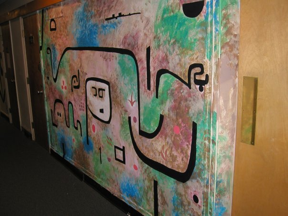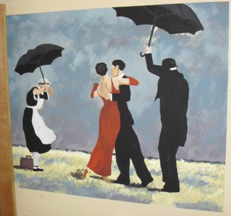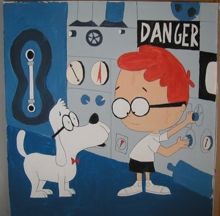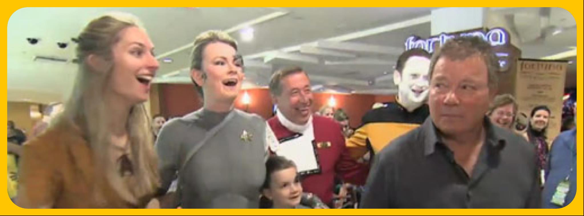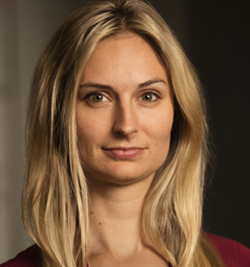
- discover principles of successful solutions
- design better solutions through brainstorming, synthesis, and iteration
- communicate complex ideas more easily with visual symbols and well-grounded prose

In 2025, I was fortunate enough to receive a Sloan Fellowship. I'm very grateful, but I also know how hard it is to be rejected from so many things. If it is of any help, here are my Sloan Fellowship research statements: my 2024 research statement that was awarded, and my 2022 research statement that was not awarded.
I asked my friend DeepSeek what the difference was between my awarded statement and the rejected one. I agree with DeekSeek that in the awarded version, I broadened the range of applications of my approach. Before, I had only applied my computational design approach to generating creative media. But from 2022 to 2024 I focused on applying it to other domains, like designing software and productivity tools. Fundamental techiques are a lot stronger when you can show they work in many diverse domains. It just took me time to show that.
What DeepSeek missed is that I also pivoted my central research question. In 2022, the central question was "how can we decompose creativity?" but in 2024, the central question was "what is the structure of human-AI collaboration?" I personally think both are fundamental and hard questions, but the issue of "human-AI collaboration" is very immediate. It's a question we need answered now.
Immediacy is always powerful.
Lydia Chilton's Sloan Fellowship 2024 (awarded)